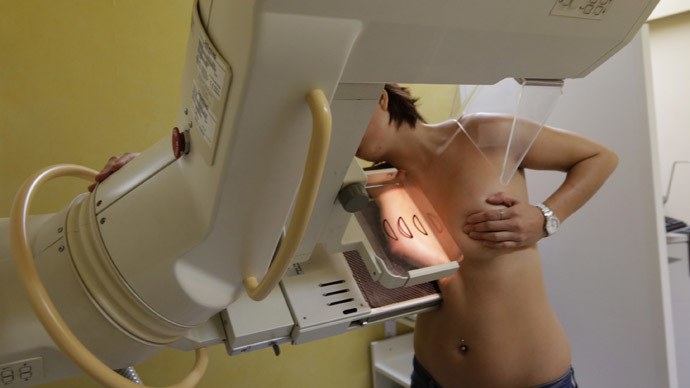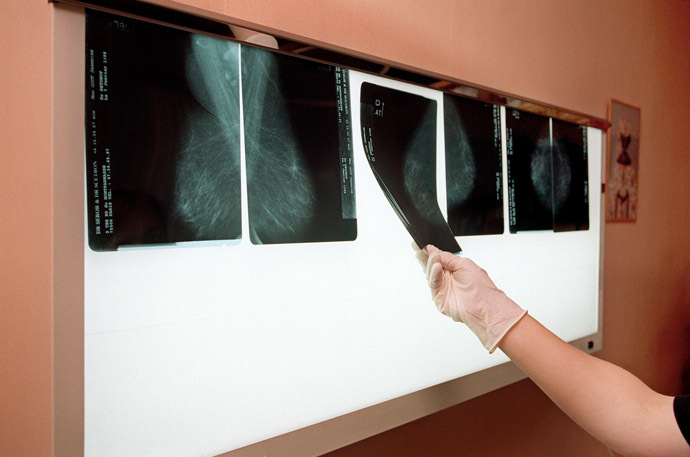‘Sea sponge’ drug may extend life for breast cancer patients

A drug derived from a compound found in sea sponges has been clinically proven to help extend the lives of women with advanced forms of breast cancer by at least two and a half months, a new study suggests.
An anticancer drug marketed as the Eribulin, originally developed from sea sponges, was also found to be the best treatment for those women suffering from an advanced triple negative form of breast cancer. The survival of the patient with an advanced form of the disease while taking the medicine could in some cases be extended for nearly five months.
The study presented at the National Cancer Research Institute (NCRI) Cancer Conference in Liverpool on Monday, analyzed two substantial clinical phase III trials of more than 1,800 women with breast cancer that has spread to other parts of the body. Researchers, led by Professor Chris Twelves of University of Leeds and Leeds Teaching Hospitals NHS Trust, examined the survival of women treated with Eribulin to those given standard treatment.
“Our results show a substantial improvement in survival for women with metastatic triple negative breast cancer, and a more modest, but significant, benefit for those with HER2 negative breast cancers,” Twelve said.

Eribulin, a “microtubule inhibitor” drug stops the cancer cells from separating into two new cells, thus slows down the metastasis process, responsible for around 90 per cent of all cancer deaths. After metostasis take root, scientists explain, a 10-year survival is around 1 in 10, compared to 9 in 10 for those diagnosed at the earliest stage.
Eribulin has previously been given to those who underwent several lines of chemotherapy. Originally developed from a sea sponge called Halichondria okadai it is now lab manufactured.
“But the European Union has recently approved Eribulin for patients who have received less treatment for their breast cancer, which means we hope to give more patients another treatment option in the not-too-distant future,” Twelve says.
Martin Ledwick, head information nurse at Cancer Research UK called the study “encouraging” as it may offer extra time to patients whose cancers offer them a few options for treatment.
“Although Eribulin isn't a cure, it's an extra treatment option for patients with advanced breast cancer, which can be priceless to them and their families,” Ledwick said.
According to Breast Cancer organization, about 10-20 percent of breast cancers are found to be triple-negative type.














